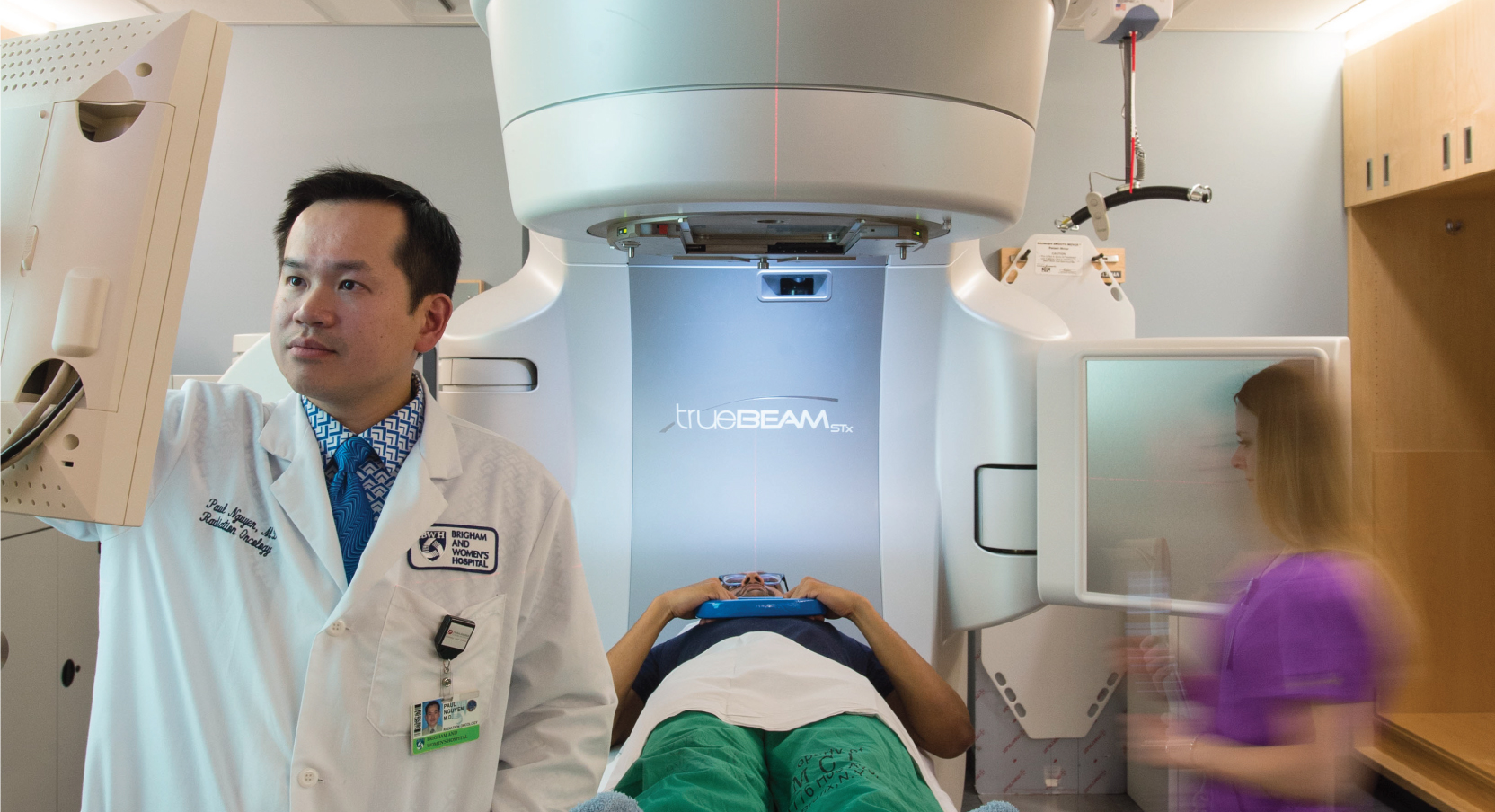
Unlocking the Power of Precision Medicine for Cancer
Medicine is rapidly moving beyond a one-size-fits-all approach, in which treatment plans are based on population averages, toward precision medicine, which aims to more accurately predict the right dose of the right drug for the right patient at the right time. When it comes to treating cancer, devising highly personalized therapies comes with challenges—considering there are more than 100 forms of the disease and many factors affecting each person’s response to therapy.
This complexity is motivating a team of experts at Brigham and Women’s Hospital to accelerate cancer research and care through the BWH Cancer Precision Trials Initiative launched this past year. Backed by an anonymous foundation grant of nearly $1.1 million, the initiative has been expanding clinical trials and international research collaborations with the goal of improving patients’ survival rates and quality of life.
As one example, the team is determining if a simple blood test could detect ovarian cancer in early stages. This would be a pivotal finding—and the technology enabling it could potentially be applied to improve early intervention and survival for other cancers.
Paul Nguyen, MD, BWH’s Genitourinary Disease Center leader for radiation oncology and a key member of the initiative, says the foundation’s support is prompting another positive chain reaction.
“We recently learned the National Cancer Institute and the National Institutes of Health followed this foundation’s lead and contributed two more significant grants,” he says. “It underscores how philanthropic commitments like this are key to unlocking a new universe of possibilities for our patients.”
